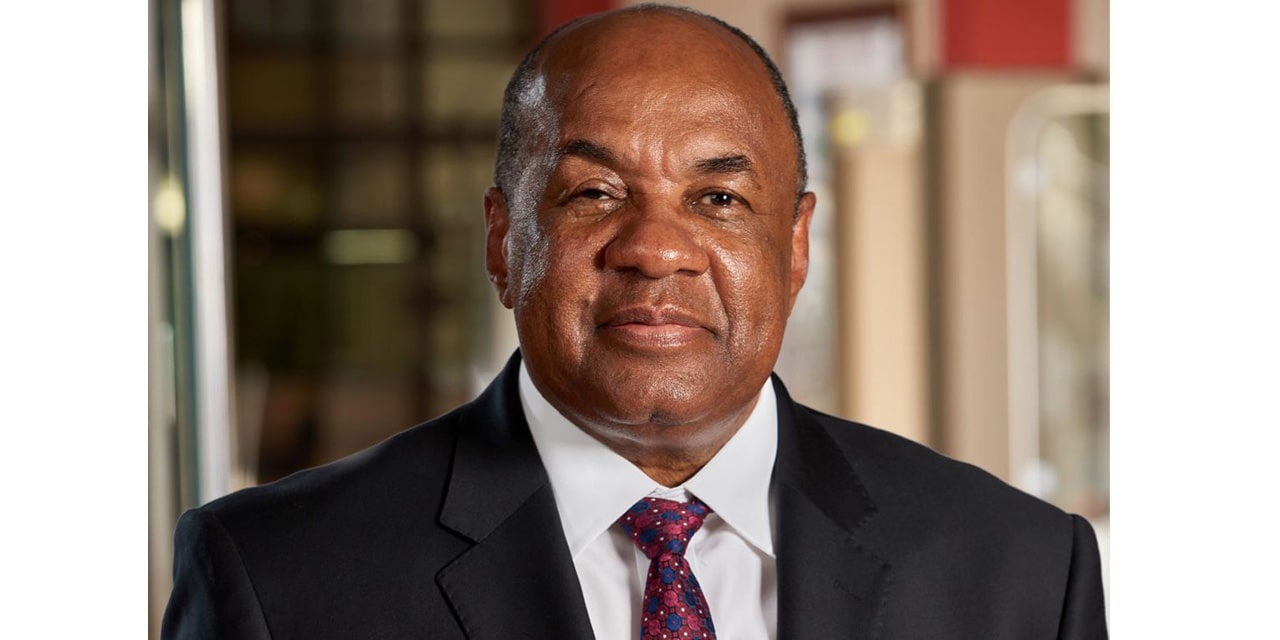Niël Terblanché
The Governor of the Bank of Namibia, Johannes !Gawaxab, said that Namibia’s stability and predictability are the major factors that attract investors in today’s uncertain global economic climate.
He made these remarks during a meeting with an audience of bankers, analysts, and representatives of the London Stock Exchange in London on Thursday.
!Gawaxab stressed Namibia’s political stability and significant natural resources as pivotal elements of the country’s developmental agenda.
“Namibia’s modern financial system and well-developed legal regime contribute significantly towards building investor confidence,” he said.
Despite facing domestic challenges like the drought, Namibia remains resilient, !Gawaxab said Namibia remains resilient and offers a conducive environment for investment.
He added that, in these turbulent global times, the country’s stability and predictability make it an attractive destination for investment.
Discussing price developments, !Gawaxab noted that Namibia is on the brink of a monetary policy easing cycle, with the repo rate unchanged since June 2023.
“Despite the constraints of a fixed peg arrangement with South Africa, the Bank of Namibia has managed to keep rates 50 basis points lower than South Africa’s since December 2022, supporting the domestic economy,” he said.
!Gawaxab added that inflation pressures in Namibia have eased, with the rate slowing to 4.9% over the first five months of 2024, compared to 6.8% during the same period in 2023.
“Headline inflation moderated from an average of 5.9% in 2023 and is projected to average 4.9% in 2024 and 4.5% in 2025, showcasing the effectiveness of the country’s monetary policies,” he said.
!Gawaxab reported a 4.7% expansion in Namibia’s economy during the first quarter of this year, driven by mining, tourism, and investments in oil exploration.
However, he added that expected slowdowns in the primary industry, partially brought on by drought conditions, will cause the GDP growth rate to moderate from 4.2% in 2023 to 3.7% in 2024.
He identified prolonged global monetary policy tightness, geopolitical tensions, and China’s faltering recovery as significant risks to Namibia’s growth prospects.
Emerging industries were also a focal point of !Gawaxab’s address.
He stressed the importance of sound economic policy, legislative and regulatory frameworks, and local participation.
“The Namibian financial sector is prepared to explore innovative financing models with investors and other stakeholders in these industries,” he said.
!Gawaxab stressed the need for inclusive growth, and learning from other countries to ensure that economic policies benefit all Namibians.
“Economic growth is in everyone’s interest, hence the need to focus on inclusive growth. Policymakers are committed to ensuring that our economic policies enable sustainable and equitable development,” he stated.
Namibia’s US$750 million Eurobond, listed on the London Stock Exchange, was another topic of interest. Stakeholders expressed concerns about the country’s plans for the bond’s redemption upon its maturity in November 2025.
!Gawaxab reassured the assembled audience that Namibia has a strategy in place to meet its obligations.
He said that the Bank of Namibia’s strategic measures continue to maintain economic stability and foster growth, solidifying Namibia’s status as a prime investment destination.




